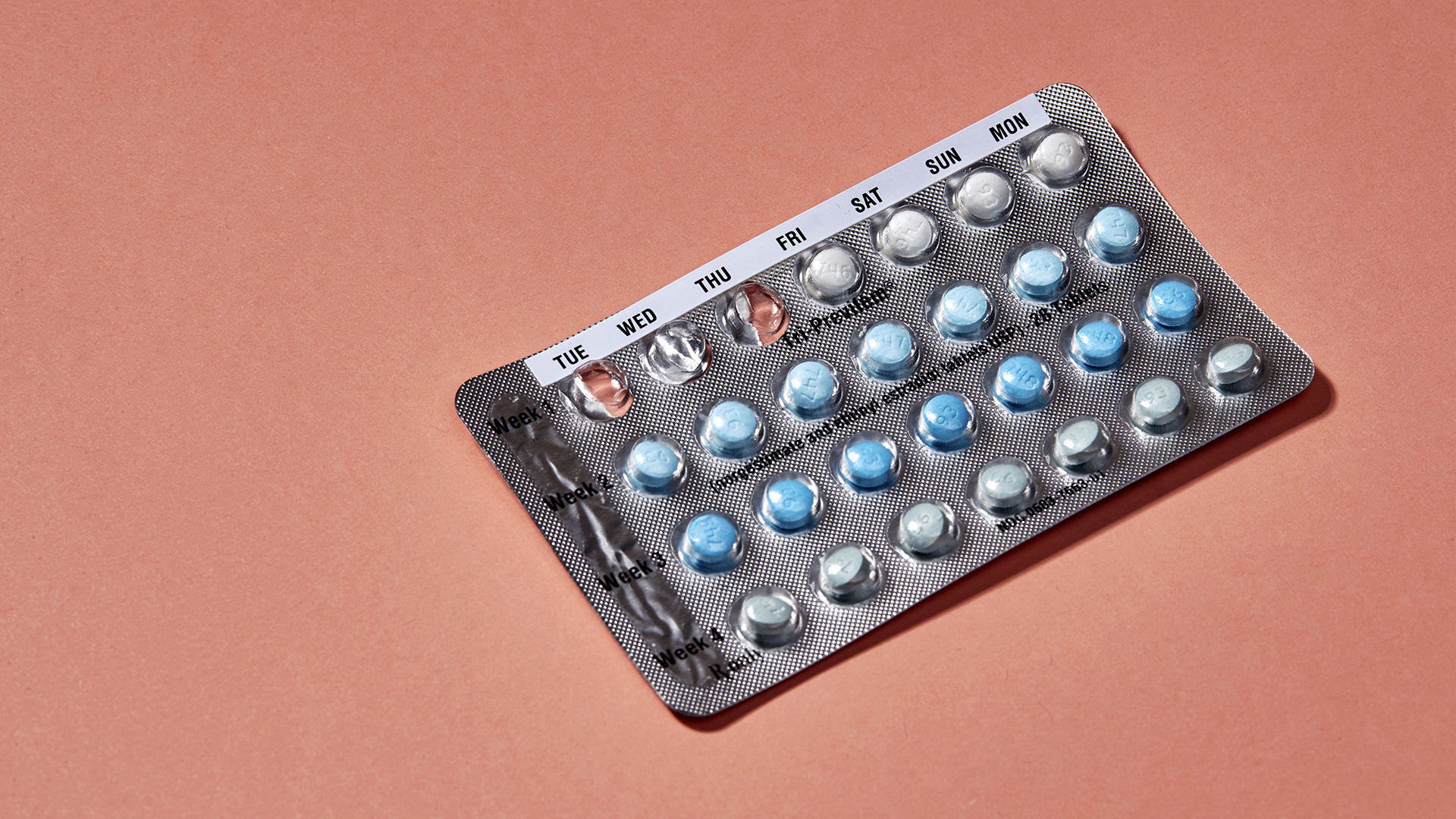Birth Control Pills Might Be Making Teens Depressed

Credit to Author: Hannah Smothers| Date: Wed, 02 Oct 2019 21:13:47 +0000
In an effort to find something resembling an answer to the question “is my birth control making me sad?,” a new study published Wednesday morning in JAMA Psychiatry examines a potential tie between oral contraceptives and depressive symptoms. Ease your ass back from the edge of your seat, because this latest study in the “Are Hormones Breaking Our Brains?” canon doesn’t ultimately make any strong conclusions. But the holes in the research are revealing, themselves.
The study involved 1,010 girls and women in the Netherlands and used national survey data to find any ties between depressive symptoms (according to the DSM-IV) and use of birth control pills. Rather than lumping all the women together, researchers looked at four distinct ages: 16, 19, 22, and 25; the purpose of this was to see whether any association between birth control pills and depression might be affected by a person’s age. While a notable association couldn’t be found in most women, the study found a statistically significant association between birth control pill use and depressive symptoms in the 16-year-old group.
Compared to girls who weren’t and/or had never taken contraceptive pills, 16-year-olds who take birth control cried more, had more eating problems, and exhibited excessive sleepiness (common symptoms of adolescent depression). To see whether previous life factors—unrelated to the birth control pills—could be the cause of the depressive symptoms, researchers looked back at the girls’ lives at age 13. Even when controlling for a higher likelihood of stressful events and things like virginity loss, menstrual-related pain, and acne, the tie between birth control pills and depressive symptoms remained significant. This finding substantiates previous research that’s shown that teenagers who take birth control pills are more likely to take psychiatric drugs later.
The study doesn’t really get into why this could be, but offers up the suggestion that, at age 16, the parts of the brain that deal with emotions are still developing; they could be more sensitive to any hormone-related changes. That’s meaningful, because as the researchers also note, “almost nothing is known about the effect of [birth control pill] use on the maturation of the brain, [and] these findings confirm its potential capability to do so.”
This new study echoes the results from a similar one from 2018, which, to me, feels slightly shocking. Birth control pills may be a relatively new invention in the grand scheme of human development and like, the whole world’s history, but they’ve been legal and widely available for more than five decades at this point. They’re an amazing feat of medicine and should remain readily available to literally anyone who wants them, but reading that science doesn’t really know how these things affect a developing brain is like something out of The Twilight Zone.
It’s historically difficult, at least in the United States, to study how drugs affect teen and child brains, but if this study indicates anything substantial, it’s that, uh, researchers should absolutely be doing that. Especially if it could potentially, finally solve the anxiety-inducing catch-22 that is taking birth control pills that may/may not be making people clinically depressed.
Sign up for our newsletter to get the best of VICE delivered to your inbox daily.
Follow Hannah Smothers on Twitter.
This article originally appeared on VICE US.